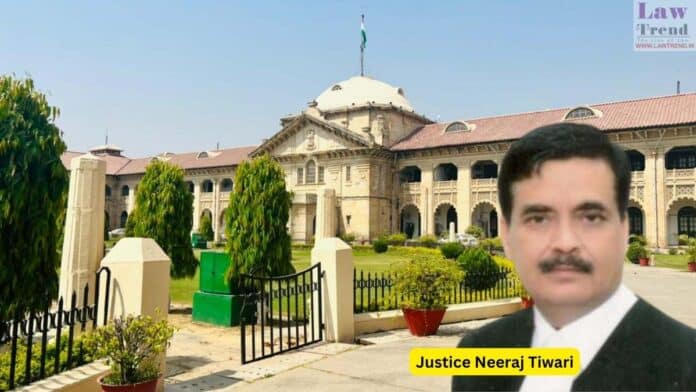In a progressive ruling delivered by Justice Neeraj Tiwari of the Allahabad High Court, the court emphasized the necessity of adopting technology to ensure justice is accessible for all. The judgment, delivered on January 20, 2025, allowed petitioner Ankit Agrawal, residing in the United States, to appear virtually in divorce proceedings under Section 13-B of
To Read More Please Subscribe to VIP Membership for Unlimited Access to All the Articles, Download Available Copies of Judgments/Order, Acess to Central/State Bare Acts, Advertisement Free Content, Access to More than 4000 Legal Drafts( Readymade Editable Formats of Suits, Petitions, Writs, Legal Notices, Divorce Petitions, 138 Notices, Bail Applications etc.) in Hindi and English.




